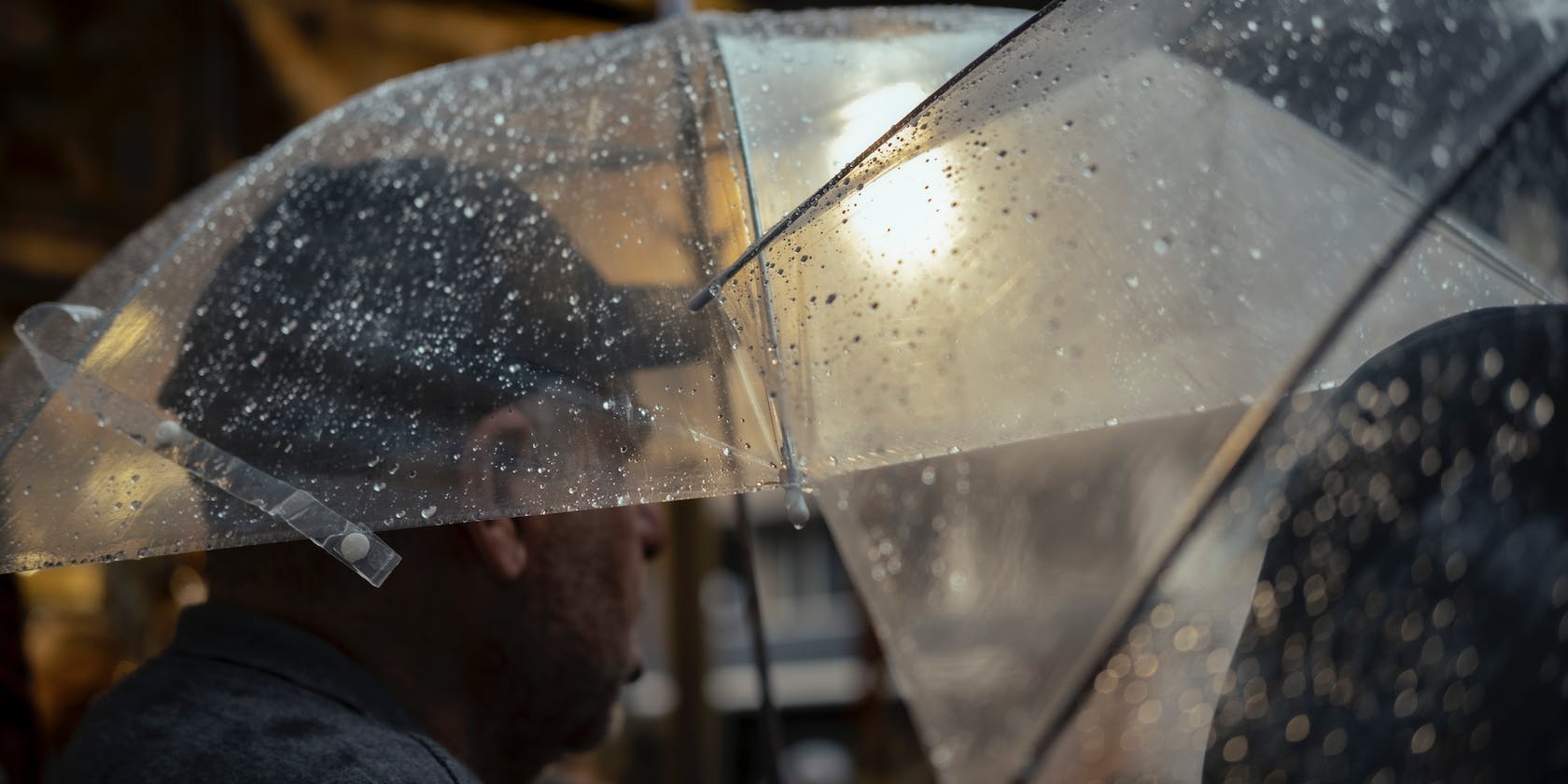Header Image Attribution: "White concrete shape towers" by Pixabay is licensed by PexelsThis post contains affiliate links. Our Extraordinary Planet may be compensated for any purchases you make.Understanding the air quality in Santiago Chile is essential for travelers and locals alike. The atmospheric conditions in Santiago, Chile, play a crucial role in the well-being of its residents and visitors. In this brief guide, we’ll provide insights into the prevailing air quality conditions in Santiago Chile.
Is Air Quality In Santiago Chile Good?
Chile, renowned for its breathtaking landscapes and vibrant culture, generally enjoys favorable air quality conditions. As of November 2023, AccuWeather’s assessment of Santiago’s air quality reveals a “fair” rating with a modest 32 Air Quality Index (AQI). This classification indicates that air quality in Santiago Chile is good for most people, but individuals with heightened sensitivity may encounter mild symptoms.
Fine particulate matter, a key metric in air quality assessments, registers at 9 µg/m³, while regular particulate matter is slightly higher at 19 µg/m³. Both measurements fall within the “fair” range, underlining an environment generally safe to be outdoors in. Santiago boasts impressively low levels of ground-level ozone and nitrogen dioxide.
Moreover, sulfur dioxide and carbon monoxide, two significant indicators of air quality, exhibit remarkably low levels throughout Chile. Concentrations of pollutants increase around major urban centers, such as Valparaiso and Santiago. While still within acceptable limits, these areas may experience lower air quality, reinforcing the need for you and your neighbors to proactively keep yourself safe.
What To Do In Poor Air Quality
In the face of poor air quality, it’s crucial to be vigilant for symptoms of air pollutant exposure. Watch for signs such as irritation of the eyes, nose, and throat, coughing, shortness of breath, and aggravated respiratory conditions. If you experience any of these symptoms, it’s advisable to limit outdoor activities and seek refuge in indoor spaces.
The full list of symptoms to look out for includes:
- Irritation of the eyes, including redness and tearing
- Irritation of the nose and throat, leading to discomfort
- Persistent coughing or throat irritation
- Shortness of breath or difficulty breathing
- Wheezing or other respiratory issues
- Chest tightness or discomfort
- Fatigue or lethargy
- Headaches or dizziness
- Nausea or vomiting
- Exacerbation of pre-existing respiratory conditions, such as asthma or chronic bronchitis
- Aggravation of cardiovascular conditions
- Development or worsening of respiratory infections
- General feeling of unwellness or malaise
- Reduced lung function over time with prolonged exposure
- Long-term health effects, including an increased risk of respiratory and cardiovascular diseases
To mitigate the impact of poor air quality in Santiago Chile, consider using an air purifier in your living or working space. Additionally, wearing a face mask when venturing outside can provide an extra layer of protection by filtering out harmful particles. Keep windows closed to prevent external pollutants from infiltrating your indoor environment, and take measures to curate a clean and well-ventilated space indoors.
Identifying areas with better air quality becomes paramount during periods of pollution. Cities like Coyhaique, Cerillos, and Puerto Aysen are reported to have higher pollution levels, while Puerto Montt, Curanilahue, and Alerce are known for comparatively better air quality. Traveling to these locations offers an opportunity to escape the adverse effects of poor air quality and enjoy a breath of fresher air.
In extreme cases, prolonged exposure to poor air quality may necessitate more drastic measures. If you find yourself consistently facing compromised air conditions, especially in cities with persistently high pollution levels, relocating to areas with better air quality may become a consideration for safeguarding long-term health.
Ultimately, your health is the most important thing. If Santiago poses a risk to your health, it’s important to prioritize yourself. But in general, Santiago is an incredibly clean and pleasant city, and air quality in Santiago Chile is fantastic — with that, you’re certain to enjoy your stay there.
Enjoy Good Air Quality In Santiago Chile
In Santiago, Chile, revel in amazing air quality. Embrace outdoor activities and advocate for climate measures to sustain the pristine air quality in Santiago Chile. Your enjoyment today contributes to a healthier tomorrow. As long as you take care of yourself, this wonderful city offers a seemingly endless selection of things to cherish.



